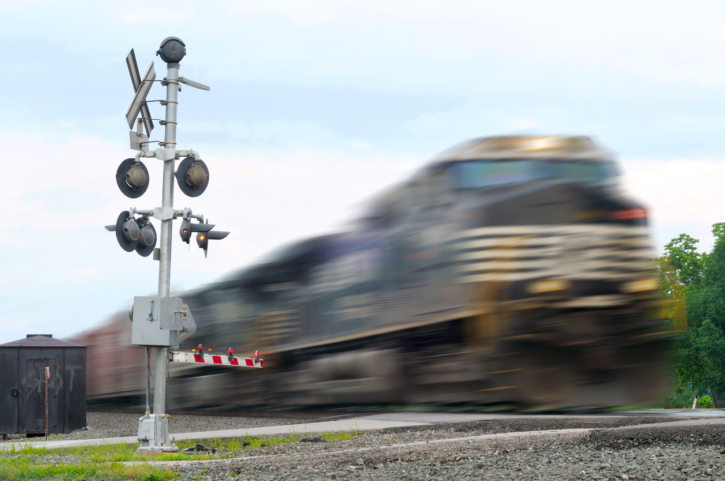
The May crash of an Amtrak train in Philadelphia this year could have been avoided had the line been equipped with Positive Train Control (PTC), according to many experts. Seven people died when the train derailed while it was traveling at twice the posted speed limit.
PTC technology uses GPS and other methods to track the speed of a train and stop it remotely when it might derail or collide with another train. The good news: PTC is now available on the line between New York City and Washington, D.C. The line between Boston and New Haven, CT, has been equipped with PTC since 2000.
Unfortunately, the line between New York City and New Haven, CT, is not equipped with PTC technology. Had the line been equipped with the crash avoidance system, the 2013 Metro-North crash near Bridgeport might have been avoided. That incident injured at least 70 people.
Whether the technology would have prevented the February 2015 Metro-North crash in Valhalla, NY, is not known. A woman drove her SUV onto the tracks in front of a train after becoming stuck when the safety gate came down on top of the vehicle. Some have surmised that a nearby detour on the Taconic State Parkway may have contributed to the situation that led to the crash. In addition to the driver of the SUV, five other people were killed and 15 injured, at least seven critically.
Completing safety projects such as PTC is more complicated than it might be otherwise because the tracks on which Amtrak and Metro-North operate have several owners, depending on the location. The state of Connecticut and various freight railroads own the tracks, which are leased to the passenger services. Obtaining consent from all interested parties is only one of many political and technical challenges that slow the effort to make trains safer.
Source:
My Record Journal

